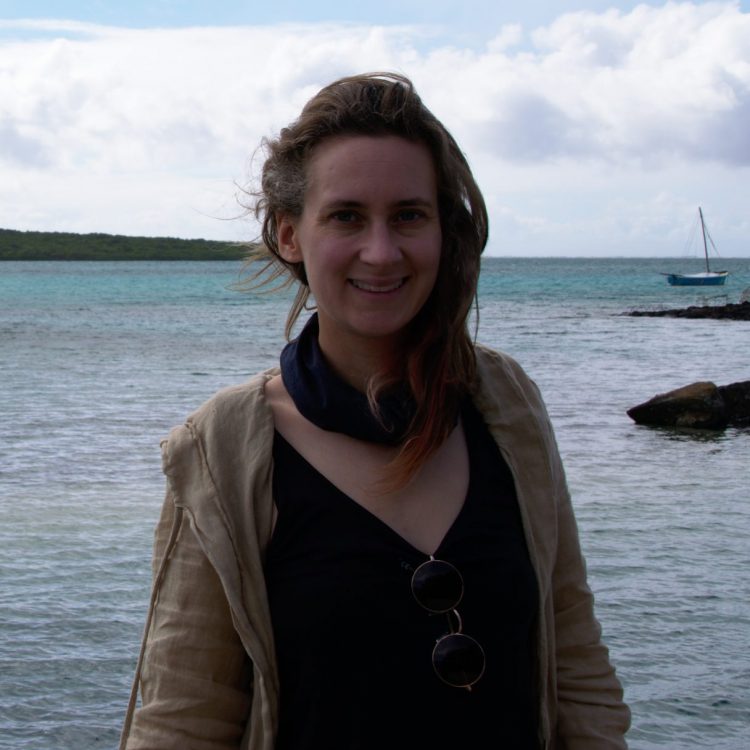About me:
Since April 2021, I am working as a lecturer and research assistant in the cultural geography research group of the Department of Geography at the Johannes Gutenberg University Mainz. Prior, I studied geography in the Bachelor and Master of Science at the Rheinische Friedrich-Wilhelms-Universität Bonn. In my Bachelor’s thesis, I looked at the geographical representations of the indigenous environmental movement of Standing Rock. After a semester abroad in Porto Alegre, Brazil, I completed my Master’s degree with a thesis on the care relationships between people and houseplants in the context of the ‘urban jungle’ trend. I work with a feminist posthumanist perspective and a multispecies ethnography approach and position myself within the more-than-human geography and environmental humanities communities. I hold that in the current epoch of multiple crisis not only an epistemological reorientation is urgently needed but also an ontological one.
Contact:
Institute of Geography
Johannes Gutenberg-Universität
Johann-Joachim-Becher-Weg 21
55099 Mainz
E-Mail: olegzurmuehlen@uni-mainz.de
Research Interests:
More-than-human Geographies, Multispecies Studies, Human-Plant Geographies, Critical Plant Studies, More-than-human Commoning, Maritime Geographies
Research Projects:
In my dissertation project, I (auto)-ethnographically explore practices and prospects of an amphibious thinking(-feeling) towards matters of life and death in an Anthropocene Venice at the crossroads between living together with the tide and an impending doomsday.
Publications:
Verne, J., J. Poerting, L. Krieg und O. Ködding-Zurmühlen (2021): Tiere als lebendige Werkzeuge. In: Bork-Hüffer, T., H. Füller und T. Straube (Hrsg.): Handbuch digitale Geographie. Welt – Wissen – Werkzeuge. Paderborn, 330-342.
Zurmühlen, O. (2020): Whose Space is this? A Multispecies Auto-Ethnography of Viral-Human Negotiations in the Contact Zone. In: Witnessing Corona – a joint blog series by Blog Medical Anthropology / Medizinethnologie and boasblogs.
Teaching:
Summer term 2021:
- M8 Theorien und Methoden der Humangeographie: Home-Making und Identität
Winter term 2021/22:
- M5/M2Ed Übung: Wissenschaftliches Arbeiten
- M2/M2Ed Übung: Wirtschaftsgeographie
Summer term 2022:
- M2/M2Ed Übung: Sozialgeographie
- M1-MA: Project Seminar: Counter-cartographies of Extinction


